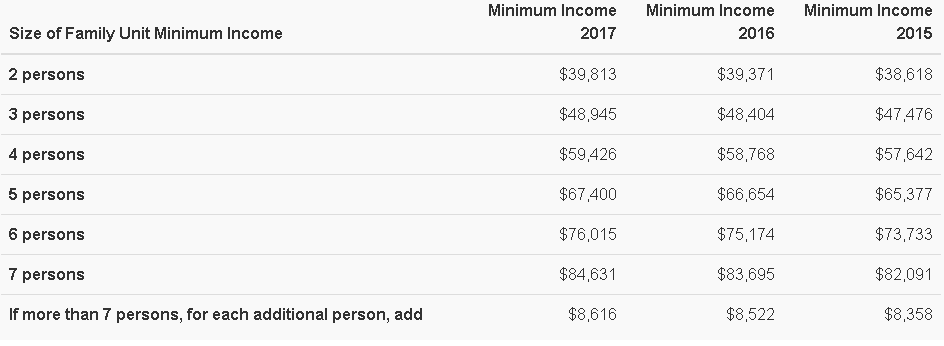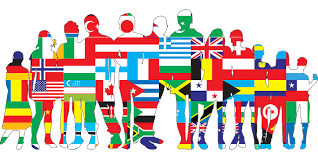Given the global pandemic that has led to long delays in the processing of visa and immigration applications, it looked like there would be no parent sponsorship intake for this year. However, Immigration, Refugees and Citizenship Canada (IRCC), just announced that they will open the parent and grandparent sponsorship intake process for 10,000 application on 13 October 2020, with a promise that the number of files that will be accepted will increase to 30,000 for 2021.
In order to be eligible to sponsor a parent or grandparent you must:
· Be at least 18 years old
· Live in Canada
· Be a Canadian citizen, a permanent resident of Canada, or a person registered in Canada as an Indian under the Canadian Indian Act
· Demonstrate you have sufficient income in the past three years to support your own family as well as the parent(s) or grandparent(s) you are sponsoring
· sign an undertaking promising to provide for the basic requirements of the person being sponsored for a period of 20 years
The income requirements are demonstrated through your income reported in your tax returns for the last three years. You may be able to count the income from your spouse or common-law partner to meet the requirement and your partner will become a co-signer of the application. You (and your co-signer) will be financially responsible for your parents or grandparents when they obtain permanent residency and will be required to provide an undertaking for 20 years that they will not use social assistance.
IRCC is aware of the challenges that many Canadians have faced with reduced income and job losses in 2020 and may have accessed Canada Emergency Response Benefit or Employment Insurance. Therefore, IRCC has introduced a temporary policy that applies if applicants cannot meet the 2020 income requirements and the temporary policy will apply to new applications as well as applications already accepted for processing from prior years.
If you are eligible, you will be able to register your interest to sponsor over a three-week period from 13 October to 3 November. A lottery will determine the applicants that will be selected and if you are selected you will have 60 days to submit a complete application including all the required documents.
Interested in applying to sponsor your parents or grandparents? Contact us to assess your eligibility and start the process.





 RSS Feed
RSS Feed